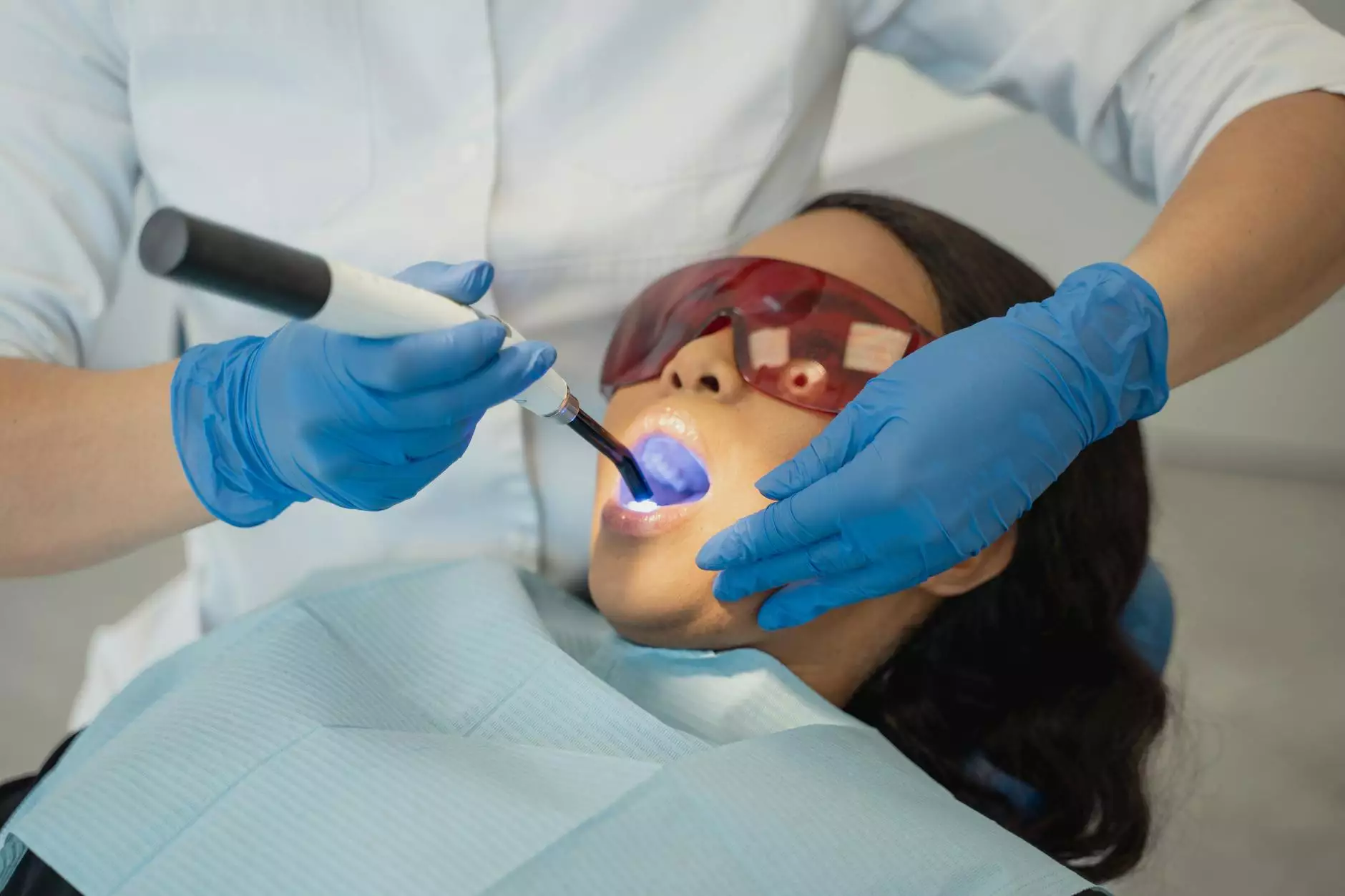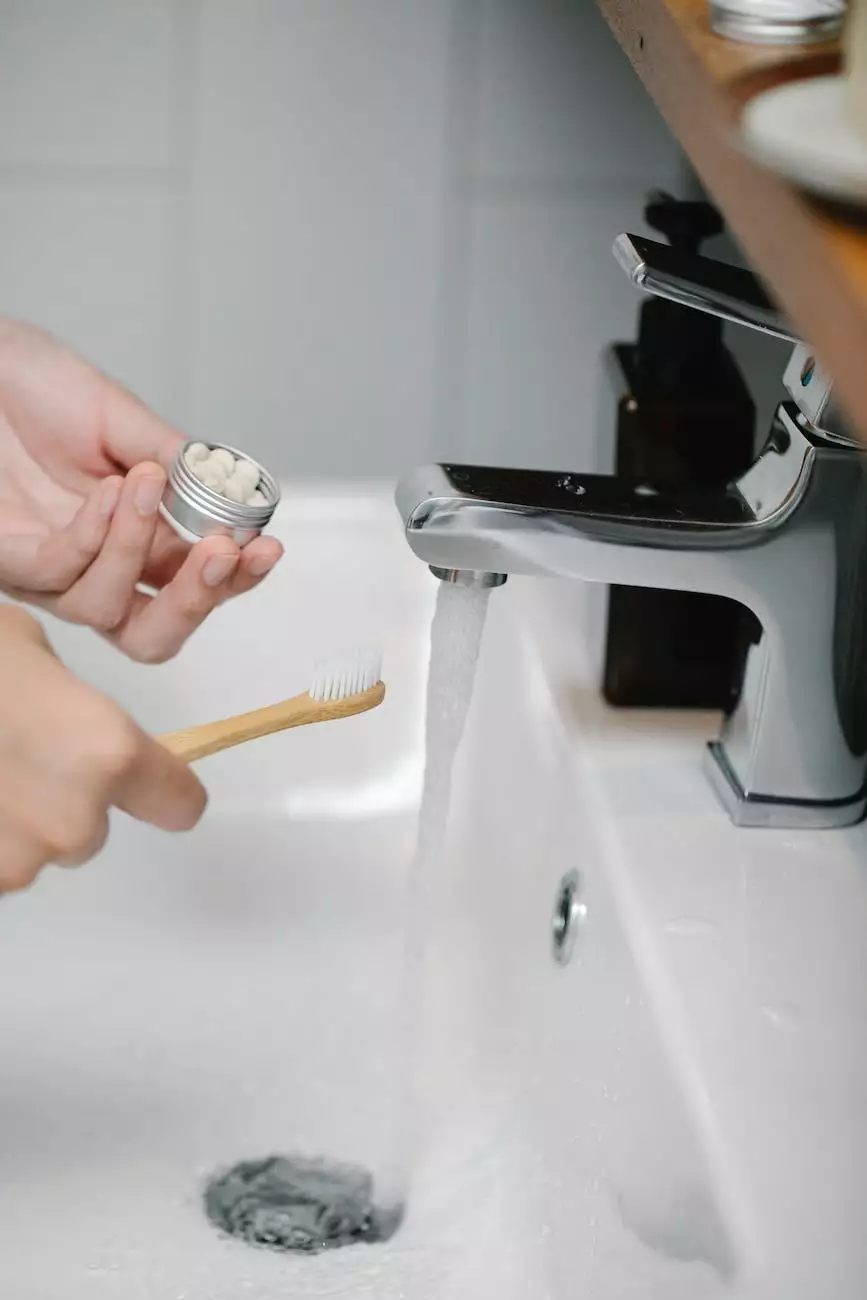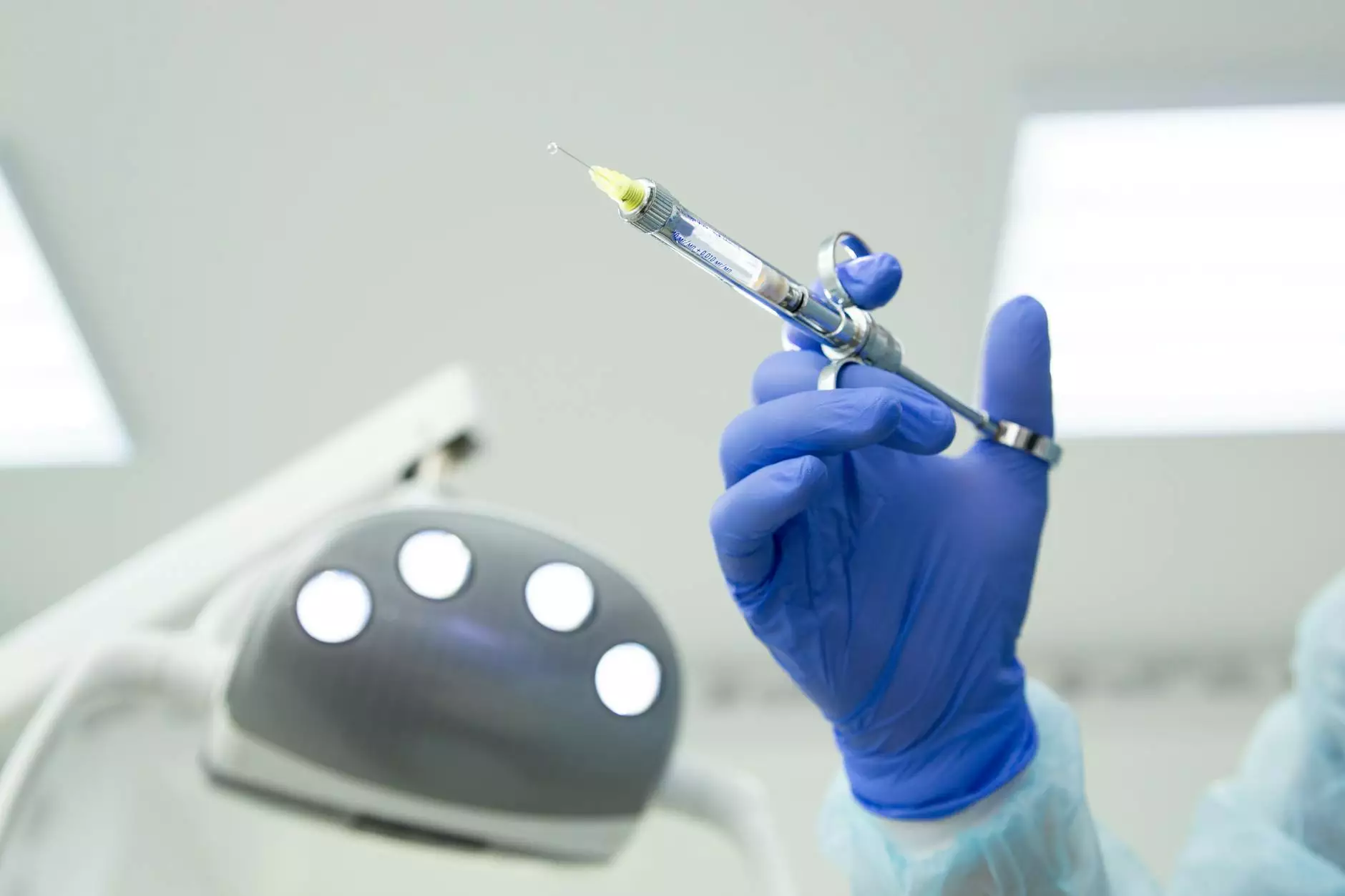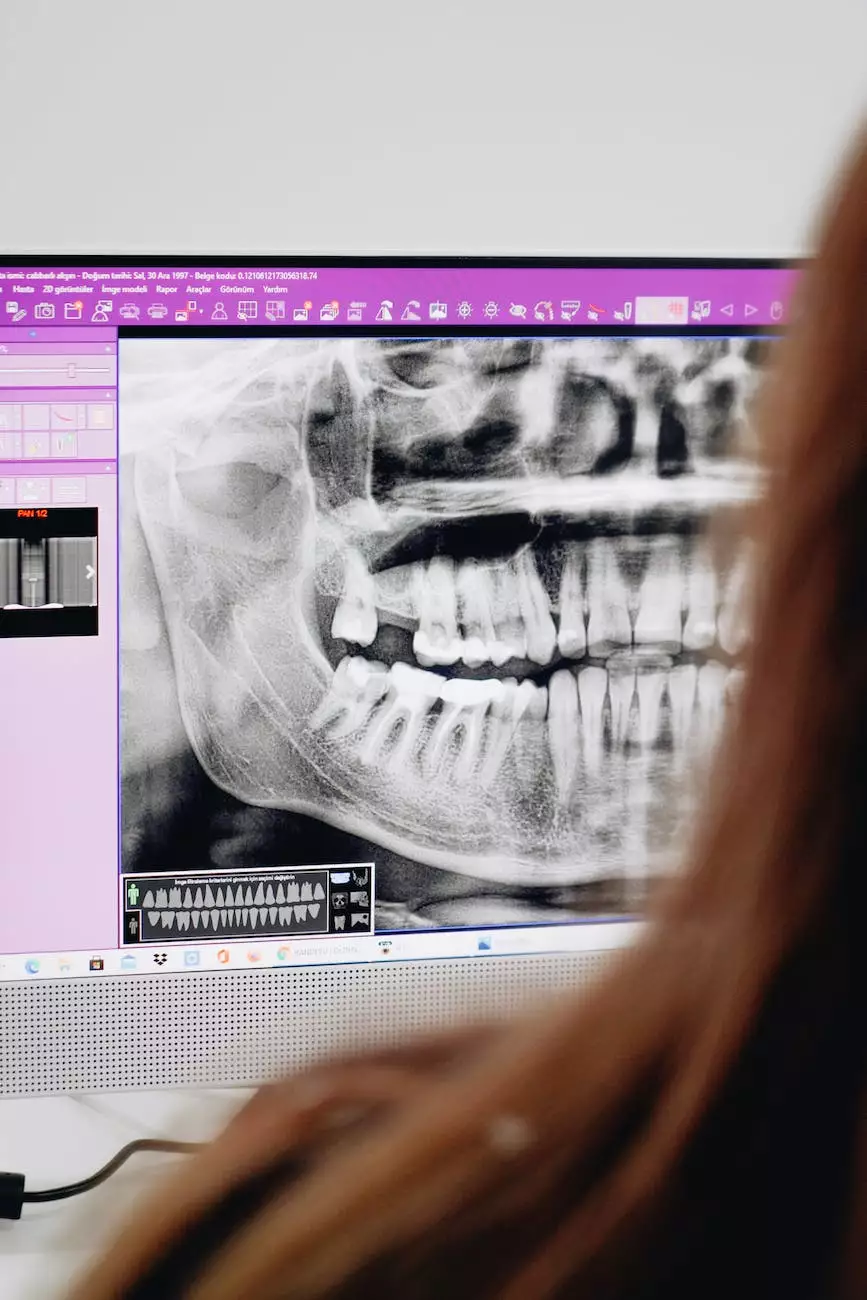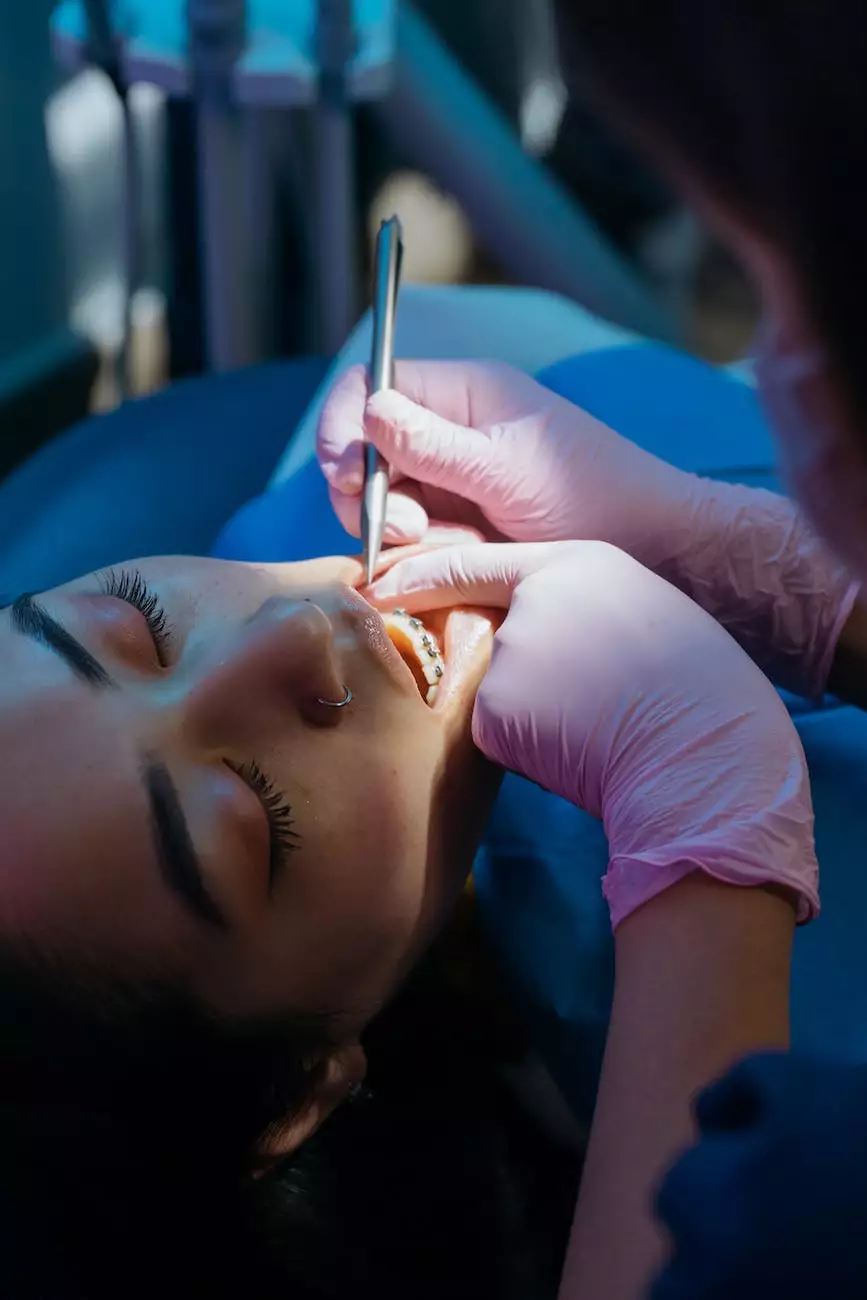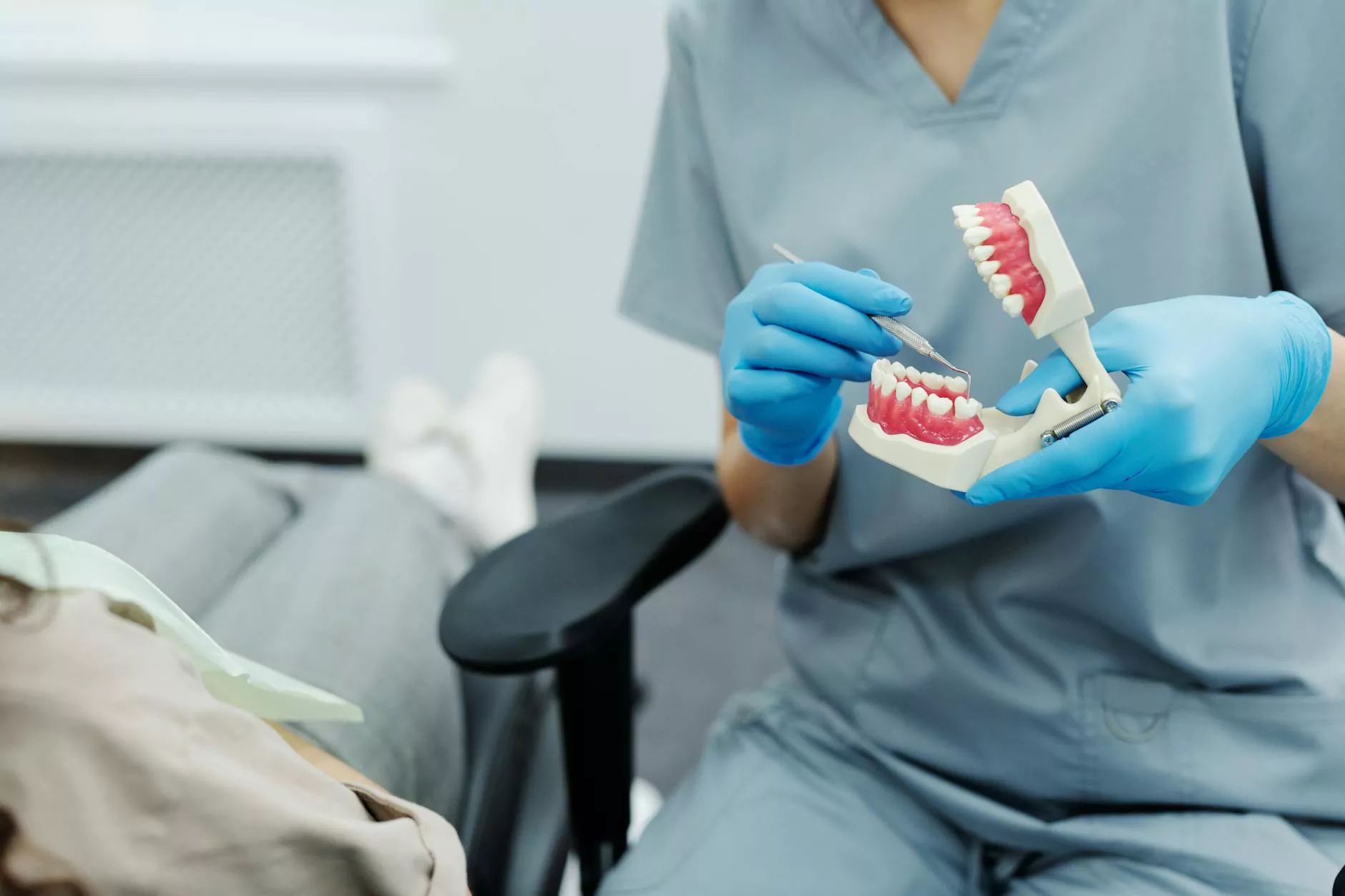Nighttime Clenching/Tooth Grinding - Lawrence Dentistry
Sleep Apnea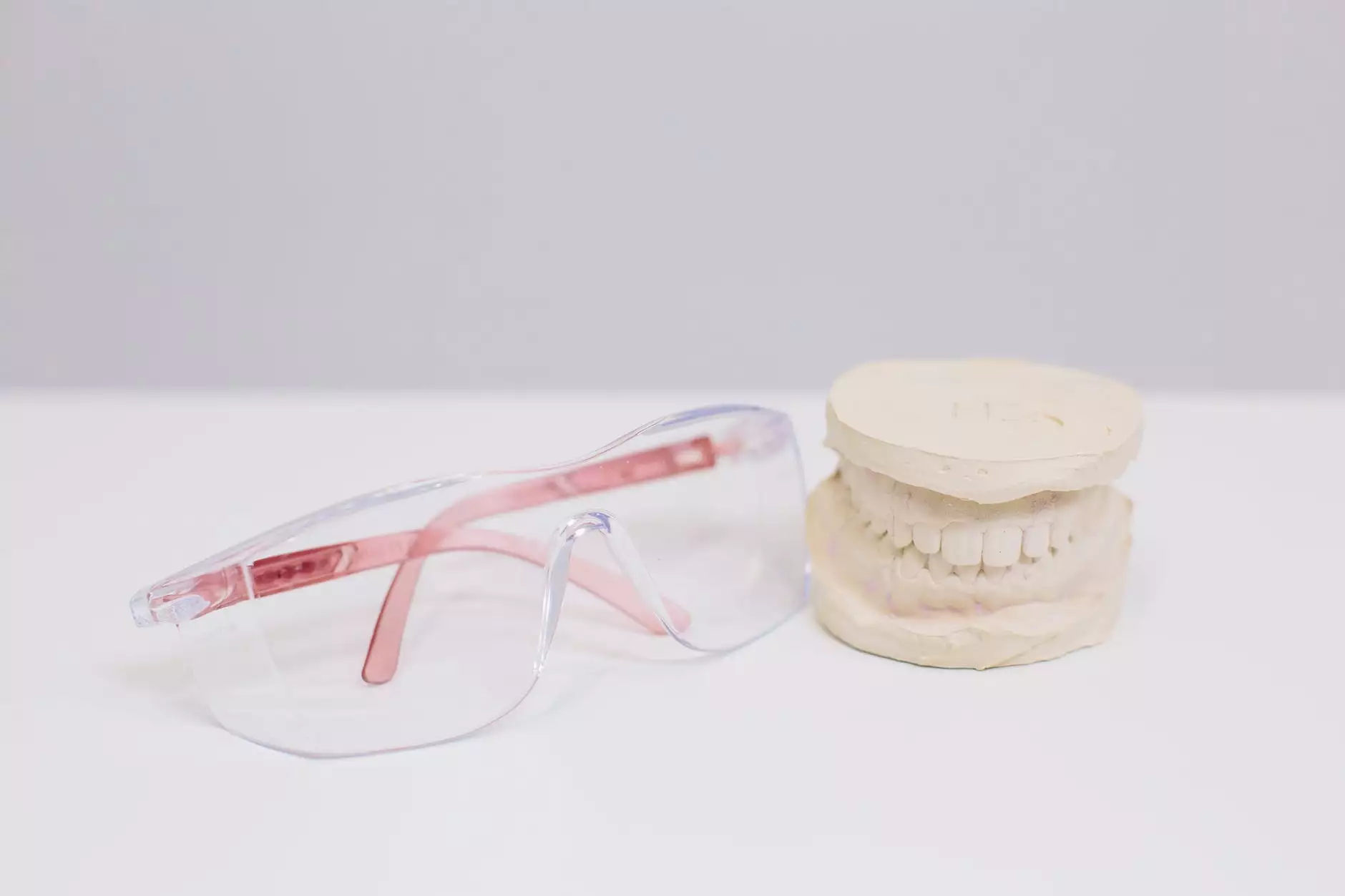
The Impact of Nighttime Clenching and Tooth Grinding on Dental Health
Do you often wake up with sore jaw muscles or unexplained headaches? You might be experiencing nighttime clenching and tooth grinding, also known as bruxism. Lawrence Dentistry, a leading provider of dental services in the Health - Dentist and Dental Services category, is here to help you understand the impact of these conditions on your dental health and provide effective solutions.
Understanding Nighttime Clenching and Tooth Grinding:
Nighttime clenching and tooth grinding can occur unconsciously while you are asleep. It involves tightly clenching or grinding your teeth, putting excessive pressure on your jaw joint, teeth, and surrounding muscles. This condition can have several causes, including stress, misaligned teeth, sleep disorders, or an improper bite.
If left untreated, nighttime clenching and tooth grinding can lead to a range of dental issues, such as:
- Worn Tooth Enamel: The continuous grinding can wear down the protective enamel layer of your teeth, making them more susceptible to decay and sensitivity.
- Tooth Fractures: The excessive pressure can result in chipped or cracked teeth, requiring extensive dental treatments like fillings, crowns, or even extractions.
- Jaw Pain and TMJ Disorders: The strain on your jaw joint can cause discomfort, jaw pain, headaches, and even temporomandibular joint (TMJ) disorders, affecting your quality of life.
- Gum Recession: The constant rubbing and pressure can cause gum recession, exposing the tooth roots and making them more vulnerable to decay and gum disease.
- Sleep Disturbances: Nighttime clenching and tooth grinding can disrupt your sleep patterns, leading to fatigue and daytime sleepiness.
Professional Solutions for Nighttime Clenching and Tooth Grinding:
At Lawrence Dentistry, we understand the discomfort and potential long-term consequences of nighttime clenching and tooth grinding. Our experienced team of dental professionals is committed to diagnosing and treating this condition effectively. Here are some of the treatment options we may recommend:
Dental Splints and Nightguards:
We customize dental splints and nightguards to help protect your teeth from grinding and clenching during sleep. These oral appliances are designed to fit comfortably and redistribute the forces exerted, preventing further damage to your teeth and jaw joints.
Stress Management Techniques:
Since stress can be a significant contributing factor to bruxism, our team can provide strategies to help manage stress levels, which may reduce teeth grinding episodes. Relaxation techniques, such as meditation, breathing exercises, and physical activities, can promote overall well-being and decrease the impact of stress on your oral health.
Orthodontic Treatment:
If misaligned teeth or an improper bite alignment contribute to your clenching or grinding habits, orthodontic treatment may be recommended. Straightening your teeth and aligning your bite can alleviate excessive forces on your jaw joint, reducing bruxism symptoms.
Lifestyle Changes:
Our dental experts may suggest certain lifestyle modifications to ease your nighttime clenching and tooth grinding. These may include avoiding stimulating substances like caffeine before bedtime, practicing good sleep hygiene, and maintaining a well-balanced diet.
Seek Professional Dental Care at Lawrence Dentistry Today!
Don't let nighttime clenching and tooth grinding take a toll on your oral health and overall well-being. Lawrence Dentistry is dedicated to providing comprehensive dental services that address your specific needs. Our team of skilled professionals will work closely with you to develop a customized treatment plan to alleviate the symptoms and protect the long-term health of your teeth and jaw joints.
Ensure a restful night's sleep and a healthy smile by visiting jlawrencedds.com or contacting Lawrence Dentistry today!

